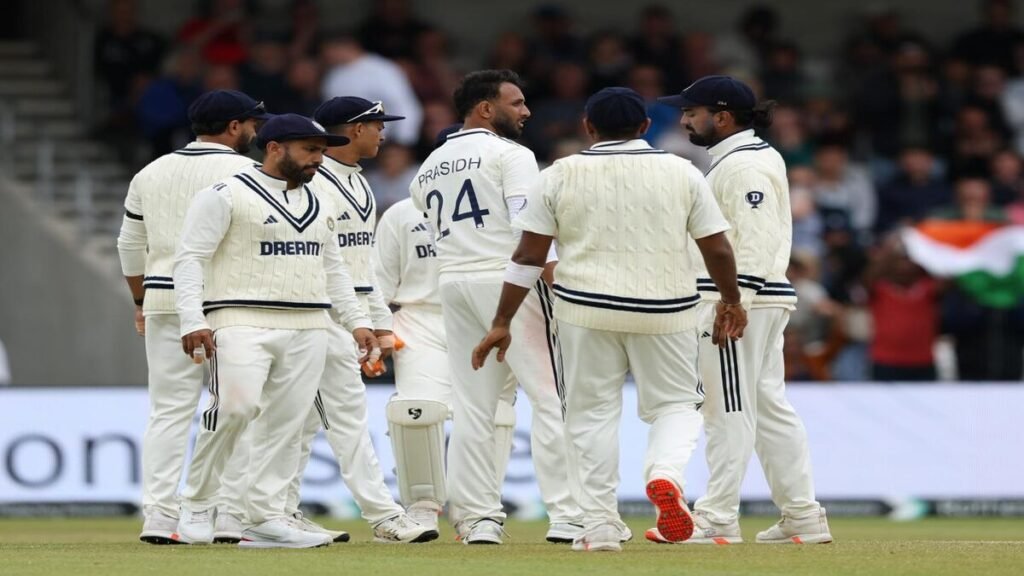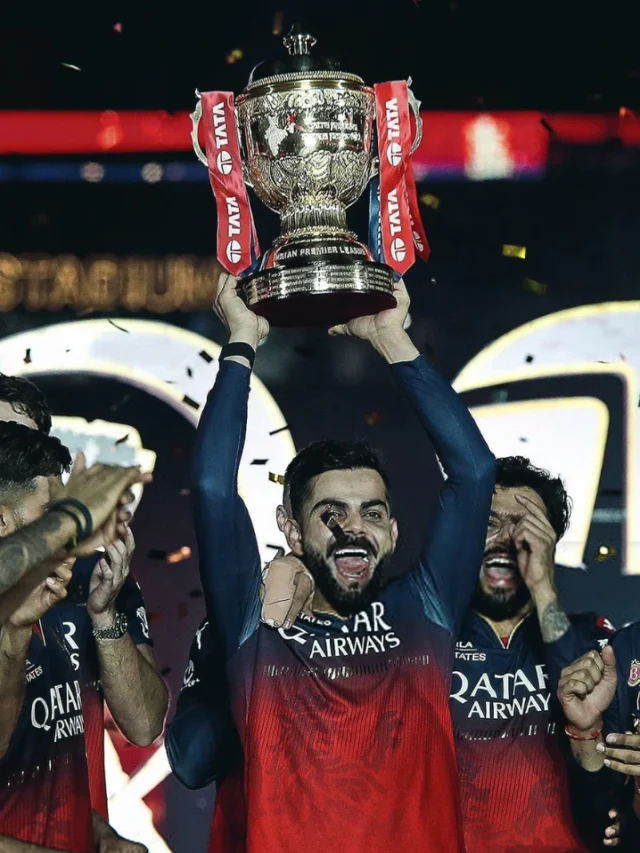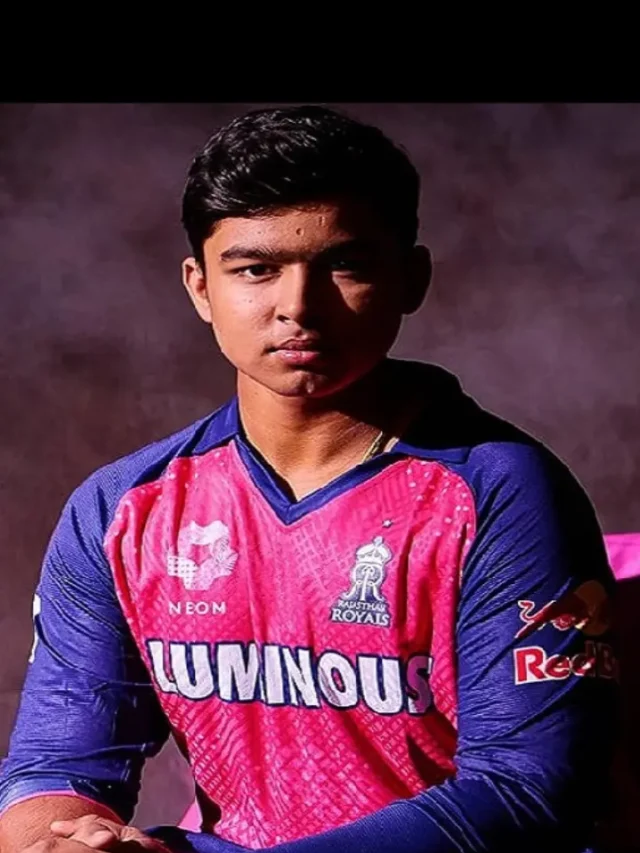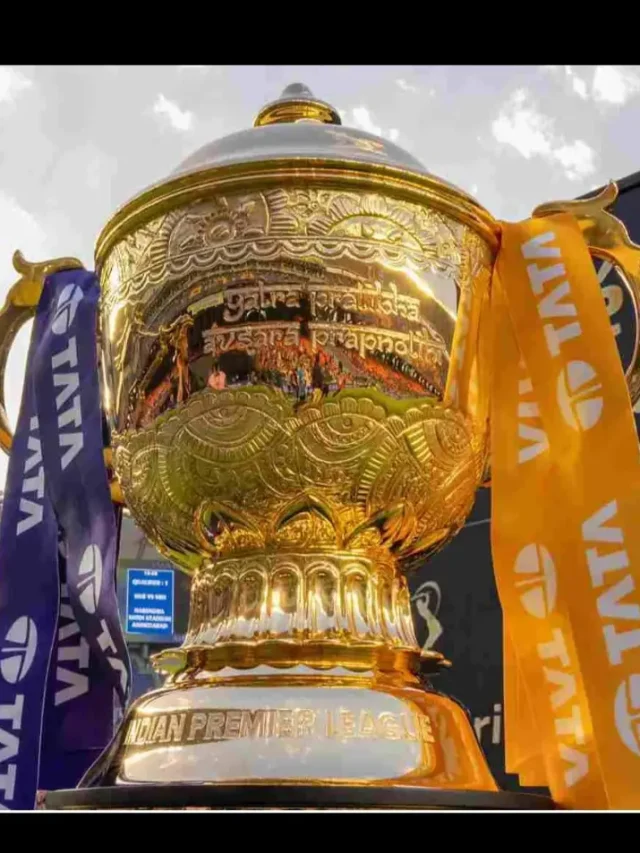The Indian Cricket team’s five-wicket defeat to England in the first Test at Headingley was a bitter pill to swallow, especially after dominating large portions of the match. Despite five centuries across both innings, the visitors failed to close out the game. Here are five key reasons why Team India let the match slip away:
Dropped Catches Cost Dearly
India’s fielding was nothing short of disastrous. The team dropped seven catches across both innings, with Yashasvi Jaiswal alone spilling four, including a sitter when Ben Duckett was on 97. Duckett went on to score a match-defining 149, and other reprieves allowed England’s batters to build momentum. Even reliable fielders like Rishabh Pant and Ravindra Jadeja were guilty of lapses. In a game where margins were fine, these missed chances proved fatal.
Also Read: India vs England 2nd Test 2025: Preview, Playing XI, Date, Time, Venue & Streaming Details
Over-Reliance on Jasprit Bumrah
Jasprit Bumrah was India’s standout performer with the ball, claiming a five-wicket haul in the first innings. However, the rest of the bowling unit failed to back him up. Mohammed Siraj, Shardul Thakur, and Prasidh Krishna lacked consistency and control, allowing England to recover and counterattack. When Bumrah went wicketless in the second innings, India’s attack looked toothless, exposing their over-dependence on one bowler.
Also Read: ENG vs IND 2nd Test 2025: What Changes Team India Should Make to their XI for the 2nd Test
Twin Batting Collapses After Strong Starts
India’s top order laid solid foundations in both innings—430/3 in the first and 333/5 in the second. Yet, both times, the team collapsed dramatically. They lost their last seven wickets for just 41 runs in the first innings and the final five for 31 in the second. The lower order offered no resistance, contributing a combined total of just nine runs across both innings. These collapses turned potential match-winning totals into merely competitive ones.
Defensive Field Placements at Crucial Moments
India’s field settings, especially once the ball aged beyond 20 overs, were surprisingly passive. Even against new batters, the field was spread out, allowing England to rotate strike and settle in. This lack of attacking intent allowed partnerships to flourish and reduced pressure on the hosts. On a pitch that didn’t deteriorate much, India needed to be more proactive with their fielding strategy, something they failed to do throughout the final innings.
Also Read: India vs England Test Series in England: Full Results
Shubman Gill’s Captaincy Under the Scanner
In his first Test as captain, Shubman Gill made several questionable decisions. He under-bowled Shardul Thakur, who delivered just six overs in the first innings despite being picked as a seam-bowling all-rounder. In contrast, Jadeja bowled extensively even when the pitch offered little for spin.
Gill also handed the second new ball to Jadeja instead of Bumrah when England needed just 22 runs to win, a move that baffled many. Moreover, Siraj was preferred over Prasidh Krishna, who looked in better rhythm. These tactical missteps highlighted Gill’s inexperience and contributed to India’s inability to close out the game. Test Cricket captaincy is not everyone’s cup of tea, and Shubman Gill should realize this fact soon to get better with his decisions.
Despite the heartbreaking loss in Headingley, this match offered valuable lessons. India’s batting talent is undeniable, but without sharper fielding, better support for Bumrah, and more assertive leadership, they’ll continue to fall short in tight contests. With four Tests still to play, the series is far from over, but the margin for error has narrowed significantly.
Follow Us on Instagram and X (Twitter) for regular updates.





